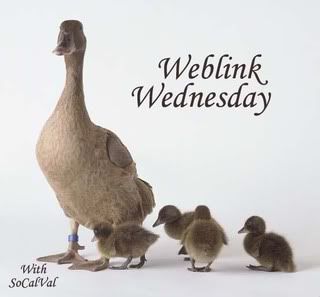Here’s a simple example illustrating the expansive nature of the educational principle as Sowing seed. Not every lesson is entered into, nor proceeds and results as this one. But God is Sovereign and He gives grace. And we both live and learn.
Our lesson was on the History of Astronomy. Those of you on elists with me know I hunted for a living book telling this History from a Biblical perspective. I never found one. So we fell back on John Tiner’s “Champions of Science”, a book of several biographical sketches. We picked and chose, just reading and narrating, and mom/me pulling teaching from the stories on the fly. IOW, this time I hadn’t pre-read and planned “lessons” from them. We just were reading and narrating.
BUT from the foundation I have (having internalized teaching by Biblical principles), I was able to make some applications. For you “newbies” and strugglers in teaching by Biblical Principles, this is how you can “teach what you know”, and “you don’t have to teach a lot to teach a lot”, just build a foundation first. Here’s one example, from one of the chapters.
We read the chapter on Johannes Kepler, and the children narrated as we went along. (Yes, with some children this takes FOREVER!) The Principle of Individuality is usually a fairly easy one to pick out, and that was true here. Johannes had bad eyesight (and even eventually went blind). This made it hard for him to do observations. Even my 6 year old can pick out this trait of Individuality.
Kepler was also an excellent mathematician. Being the best in his university classes had gotten him the position of mathematics professor at the seminary at Graz. He had studied to be a minister of the gospel, but prayed to go wherever God could use him, so went to Graz. He used Astronomy in making the calendars and almanacs that was a part of his job. These things all contributed to his Individuality.
The story also told of Tycho Brahe. Of course, the easy thing to pick out about his Individuality is the fact that he had no nose, well, only a gold and silver one. His had been cut off in a duel. But the point we wanted to pick out about Tycho’s Individuality was his excellent observation skills. (Diane, yes, a good thing to work on 🙂 Kepler knew Tycho was a great observer, but not a great mathematician, and he had hoped to meet him but didn’t think it possible since Tycho lived in Denmark.
God’s Sovereignty and Providence in History is first seen in the time period in which Kepler lived. Wycliffe’s translating the Bible into English, and the invention of the printing press, opened things up for the great advancements that took place during this period. Kepler loved to study the Bible, something he would not have been able to do if he had been born in an earlier time period. He, and many of the great scientists making great advancements at this time, were dedicated Christians. Also, Galileo had improved the recently invented telescope, and was the first to turn it towards the heavens.
Specifically in Kepler’s life, we see the Providence of God in moving him out of France, where he could not remain because of his Christianity, and he lost all his work and equipment. He fled to Prague. By Providence Tycho also ended up in Prague, because he was unable to get along with the new king of Denmark. The 2 men worked together, God’s great combination, 2 astronomers, one who could make excellent calculations, but couldn’t see well, the other who was a great observer, but not so good at the mathematical calculations. God used these 2 men together to advance dominion through the study of Astronomy.
These are just a few areas of Biblical principles my children were able to pull out of this short story, at various levels according to their own individual development, some with reasoning/leading questions. The seeds of the Principles planted are expanding in my children’s lives and learning, growing as they grow. My 6 year old could pick out the Individuality of the men. My 8 year old could see the principle of Voluntary Union in the 2 men working together. My 11 year old could see the Sovereignty and Providence of God in moving them both to Prague. Our 14 year old read a longer biography and did a Key Individual sheet, expanding even further.
I hope my story encourages you to renew your mind in the area of educating by Biblical principles, and then to go on in Freedom & Simplicity, in the spirit of liberty to teach what you know, and to teach by seed principles, here a little there a little, line upon line.












